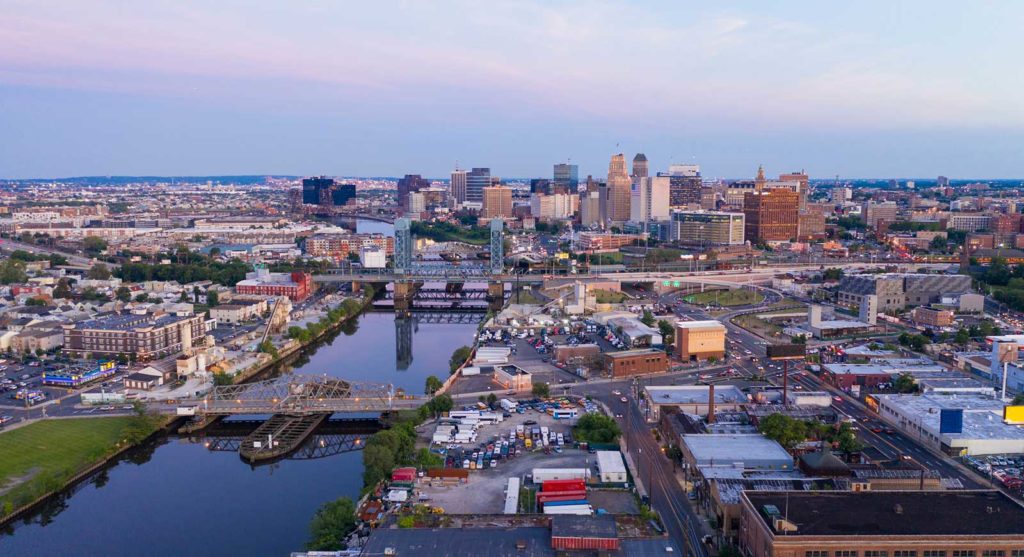
Despite facing high inflation — causing a spike in insurance premiums, labor for repairs, and utility rates — landlords in Newark are still unable to raise rents on their properties due to a moratorium on rent increases on rent-controlled apartments.
In Newark, “rent-controlled” has a broader definition than in other municipalities, signifying any building that’s not owner-occupied.
The moratorium, which Mayor Ras Baraka signed at the start of the pandemic, is tied to the citywide state of emergency declaration. Even if the state of emergency expired tomorrow, the rent freeze would still continue for two more months.
Property owner Jamal Roberts told Jersey Digs that, due to inflation, the moratorium is making “operating a small rental building practically impossible.”
”You can’t price fix one thing and have the other side of the seesaw rise dramatically,” Roberts said. “Something has to give.”
While Roberts understands the executive order is meant to help tenants experiencing financial hardship, more often the tenants applying for one of his vacant units are high-income earner individuals.
”I’m a small mom-and-pop landlord,” Roberts said. “Why am I subsidizing rich people from New York City to come here because of this rent freeze?”
The last time Roberts increased the rent on his units was in 2018 — he estimated the rents are 30 percent to 40 percent below the market rate.
Roberts argues that all other pandemic restrictions — such as mandates for masks and vaccinations —have been lifted.
Although the statewide moratorium on evictions sunset last year, certain protections — such as the ability to deny a rent increase — remained in place for renters experiencing hardship. However, those additional safeguards ended last year. The only pandemic-related rental restrictions that still remain in place in New Jersey are at the local level.
Nearby municipalities like Montclair have already lifted rent freezes, allowing landlords to raise the rent on tenants. Perhaps the difference is that Newark is a city made up primarily of renters — 78 percent, in fact. If Baraka’s refusal to let the state of emergency expire was merely a tactic for his re-election bid, the upcoming days following his recent win could see him re-examine the policy.
Even in pre-pandemic times, the city ordinance still caps the amount a landlord can raise the rent every year and is tied to the Consumer Price Index- Urban percentage.
The city’s press office didn’t respond to numerous attempts by Jersey Digs for comment on whether the mayor is considering letting the executive order expire. Mayor Ras Baraka issued the following statement two years ago.
“Rent control is one of our most important tools to keep housing affordable in Newark, where 78 percent of our residents are renters,” said Mayor Baraka. “COVID-19 has caused a crisis in housing affordability and stricter rent control compliance is one of numerous steps that we are taking to help Newark tenants deal with a crushing problem.”